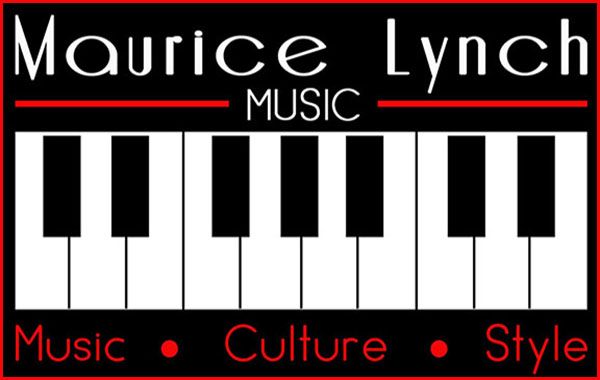Latest News and Updates
BLACK HISTORY MONTH: GOSPELIVE PRODUCTIONS CELEBRATES “THE LEGACY OF NELSON MANDELA’S LOVE FOR MUSIC.”
February is set aside to celebrate Black History Month in America. In December 2013, the world mourned the loss of Nelson Mandela. In Mandela's fight for world unity and equality, music played an important political instrument in that fight.
When former South African President Nelson Mandela died on Dec. 5 at the age of 95, thousands of mourners gathered outside his onetime family home in Soweto township near Johannesburg to dance and sing. From the outside, it seemed more like a celebration than an expression of grief, but to South Africans, and to those of us who have lived there, it was the most honorable tribute they could have given him.
South Africa is a nation divided by words. It has 11 official languages— nine tribal ones, plus Afrikaans and English — and during more than four decades of racial oppression, the country’s policy of apartheid used
that to its advantage. Black South Africans were segregated not only from whites but from one another, forced to live in “designated homelands” that prevented the tribes from forming a unified rebellion. That plan failed, in large part, because of one language the government overlooked – music.
For African-Americans, the sound of South Africa echoes like the protest songs of the U.S. Civil Rights Movement. As Nelson Mandela wrote in his 1994 autobiography, Long Walk to Freedom, “African Music can ignite the political resolve of those who might otherwise be indifferent to politics . . . Politics can be strengthened by music, but music has a potency that defies politics.”
Mandela's fight and struggle caused célèbre on U.S. and U.K. college campuses, thanks to the 1984 a joyful, leap-to-your-feet rallying cry imploring the government to release him, and the 1985 crunching rock anthem ”Sun City” from Artists United Against Apartheid. The following year, artists worldwide participated in a six-concert Amnesty International Tour, A Conspiracy of Hope, that raised awareness about ”prisoners of conscience,” including Mandela. By the end of the decade, Broadway and Hollywood had joined the cause, with the film Cry Freedom.
When Mandela stepped out of prison on February 11, 1990, he had been transformed from a national freedom fighter into an international symbol of liberation. Music always set the stage – as it did after Mandela's
release when there was a concert at Wembley Stadium in London when he came to address the crowd. He received an eight-minute standing ovation. "It was an amazing moment in my life,” Mandela stated. He would go on towin the Nobel Peace Prize in 1993 and become South Africa’s first black president the following year. His life is one of the most pivotal narratives of the 20th century.
GospeLive Productions Producer Maurice Lynch stated, “I had the great pleasure of meeting President Mandela in May 2005 when he visited The Riverside Church where I am a member in New York City. This was Mandela's last visit to the United States.” Lynch explained, “His presence and spirit filled the entire Church.” The many songs and music praising and celebrating the life of Nelson Mandela brought those in attendance at the Church to their feet in unity.
The story of Mandela is best told not through his own life, really, but through his people. For all his achievements, his most indelible was showing black South Africans, who had been shamed into believing
that they were fit for little more than servitude, that they were not merely equal but had the capacity for greatness. After his death, a week marked by speeches from global dignitaries praising Mandela’s leadership, in the stadium-packed crowds, ensued. The real farewell took place in churches and village gatherings, and in that throng outside his Soweto home. There is a belief among black South Africans — a belief as central to their identity as to the identity of the African-American Spirit — that we are all connected in an integral part of a whole.
Although customs may be different, the beat is still the same. Let us remember this as America honors February as Black History Month. The strength of music will forever be a common bond that links Africans and African-Americans. During this great month of celebration, let all freedom and justice loving people throughout the world celebrate Mandela’s strength, courage and hope for a better world.
Article Contributions:
WE Managing Editor-Songs of Freedom- Sean Smith Peace Corps (Additional
contributions Ray Rahman & Maurice Lynch- Producer GospeLive Productions)

